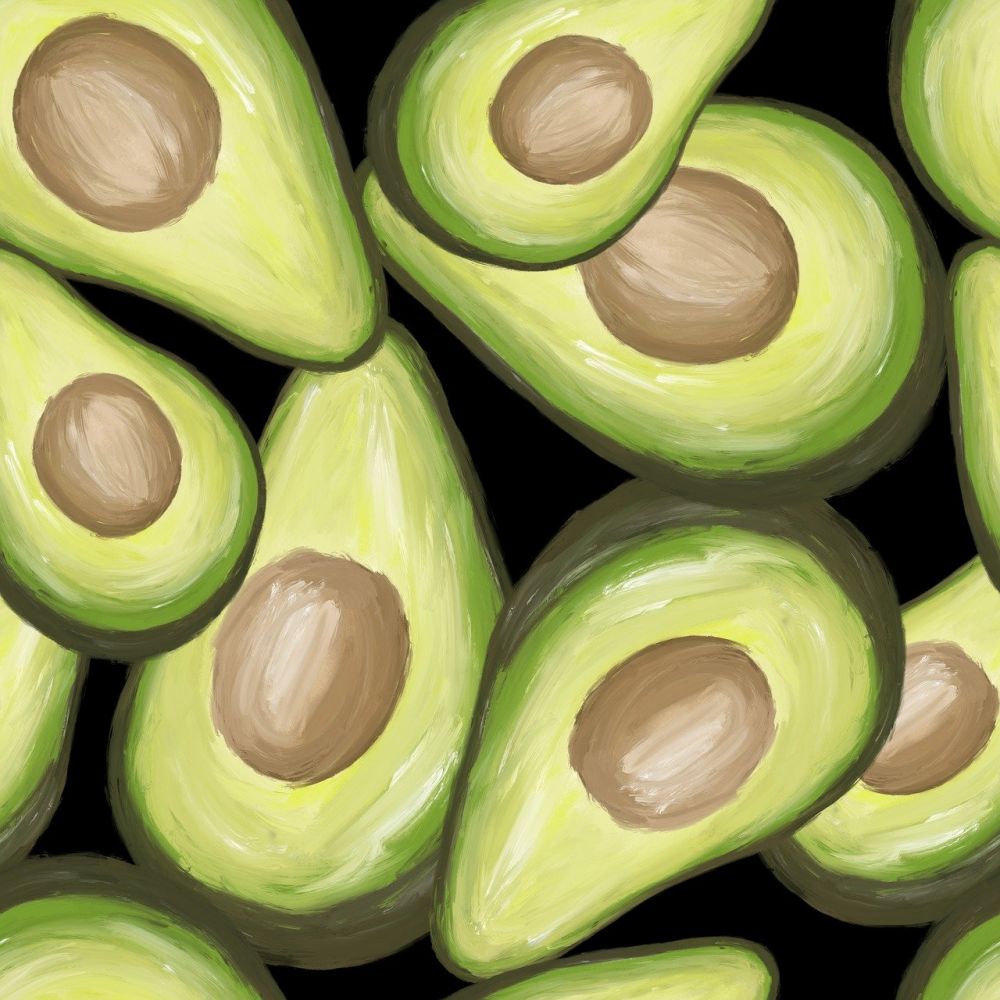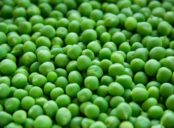Protein Diet: A Comprehensive Overview of Types, Benefits, and Differences

Protein Diet: A Comprehensive Guide
Introduction:

A protein diet is a nutritional approach that focuses on consuming foods rich in protein while limiting other macronutrients like carbohydrates and fats. This article aims to provide a thorough insight into protein diets and their various types, popular choices, quantitative measurements, differences, as well as a historical overview of their pros and cons.
I. An Overview of Protein Diet:
A protein diet is characterized by its emphasis on the consumption of foods high in protein content. It is widely recognized for its ability to aid in weight loss, build muscle mass, and improve overall health. Proteins are the building blocks of life, responsible for various bodily functions, including repairing tissues, supporting immune function, and regulating hormones.
II. Presentation of Protein Diet:
a) Types of Protein Diets:
1. Keto Diet: This low-carb, high-fat diet focuses on consuming moderate protein while increasing fat intake. It aims to shift the body into a state of ketosis, utilizing fat as the primary source of energy.
2. Mediterranean Diet: Although not exclusively a protein diet, the Mediterranean diet includes lean protein sources like fish, poultry, and legumes, along with fruits, vegetables, and healthy fats.
3. Vegetarian and Vegan Diets: These diets eliminate animal protein sources and rely on plant-based proteins such as legumes, tofu, tempeh, and seitan.
b) Popular Protein Diets:
1. Atkins Diet: This diet emphasizes a high-protein intake while restricting carbohydrates. It promotes weight loss through a four-phase approach.
2. Dukan Diet: The Dukan diet consists of four phases, focusing on lean protein consumption and limited carbohydrates. It aims for rapid weight loss and long-term weight maintenance.
3. South Beach Diet: This diet encourages lean protein intake, healthy fats, and complex carbohydrates while avoiding refined sugars and processed foods.
III. Quantitative Measurements of Protein Diet:
Protein intake varies depending on factors like age, gender, activity level, and specific goals. Generally, it is recommended to consume 0.8 grams to 1 gram of protein per kilogram of body weight. However, athletes and those looking to build muscle mass may require higher protein intake.
IV. Differences between Protein Diets:
Although all protein diets emphasize high protein consumption, they differ in macronutrient ratios, specific food choices, and long-term sustainability. While keto and Atkins diets prioritize low carbohydrate intake, the Mediterranean diet focuses on a balanced approach. Vegetarian and vegan diets eliminate animal protein sources completely.
V. Historical Overview of Pros and Cons:
a) Pros of Protein Diets:
1. Weight Loss: Protein diets can aid in weight loss by promoting satiety and increasing the body’s metabolic rate.
2. Muscle Building: High protein intake is essential for muscle recovery and growth, making protein diets popular among athletes and bodybuilders.
3. Health Benefits: Protein-rich diets have been associated with reducing the risk of chronic diseases, controlling blood sugar levels, and improving cardiovascular health.
b) Cons of Protein Diets:
1. Nutrient Deficiencies: Restricting certain food groups may lead to inadequate intake of essential nutrients like fiber, vitamins, and minerals.
2. Long-term Sustainability: Some protein diets can be difficult to follow in the long run, resulting in potential weight regain once the diet is discontinued.
Conclusion:
Protein diets offer various benefits, including weight loss, muscle building, and improved health. However, it is important to choose a protein diet that suits individual needs and lifestyle. Consulting with a healthcare professional or registered dietitian is advisable to ensure proper nutrient intake and long-term sustainability when following a protein diet.





















